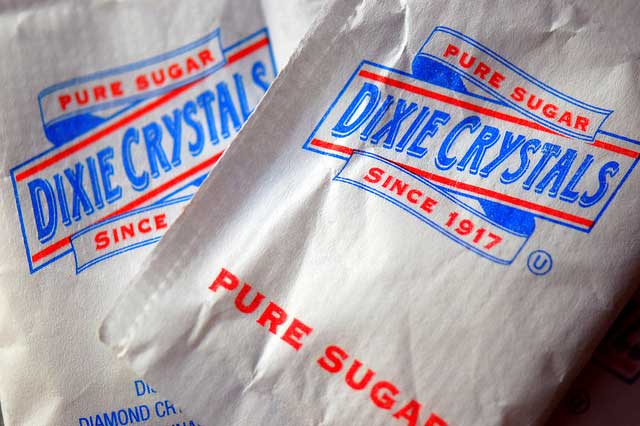Archived
Announcing Issue One’s Snapshots Project
Let’s face it: Not everyone can follow every money in politics, ethics or conflict of interest story, especially when there are daily — or hourly — developments. But we also…
Archived
Flickr – Steve Snodgrass
(sugar-industry)Harvard Professor and Issue One Advisory Board Member Malcolm Salter has an excellent op-ed in Forbes detailing how the sugar industry uses campaign contributions and lobbying to artificially inflate the price of sugar and maintain billion dollar subsidies.
The sugar industry, which Republican presidential candidates Ted Cruz and Jeb Bush have held up as a prime example of crony capitalism, makes more PAC contributions than all other U.S. crop producers combined. The payoff? U.S. consumers pay 64 to 92 percent more for sugar than the rest of the world, on top of $3.7 billion that taxpayers shell out to the industry annually in subsidies.
The right and the left both rightfully decry crony capitalism—but to solve the problem we will have to do more than cut off subsidies. In his op-ed, Salter recommends revamping our ethics laws so that lobbyists are no longer a source of campaign cash for lawmakers. Salter also recommends empowering small-dollar donors through citizen funding so that legislators can raise the money they need for campaigns while remaining loyal to their constituents.
In addition to revamping our lobbying laws and empowering small-dollar donors, the Committee for Economic Development released a report earlier this year recommending increased transparency as a method for rooting out crony capitalism.
These recommendations are good medicine for what ails our democracy and our economy—sans the spoonful of sugar.
Issue: Money in Politics
Archived
Let’s face it: Not everyone can follow every money in politics, ethics or conflict of interest story, especially when there are daily — or hourly — developments. But we also…
Archived
We’re excited to announce that we’ve just updated our groundbreaking Blueprints for Democracy report with the latest money-in-politics and lobbying reforms from across the U.S. During the 2016 elections voters…
Archived
Turns out that even if you’re no longer in office, you have to follow the rules and pay your bills. Which is a problem for former congressman and failed 2013…

